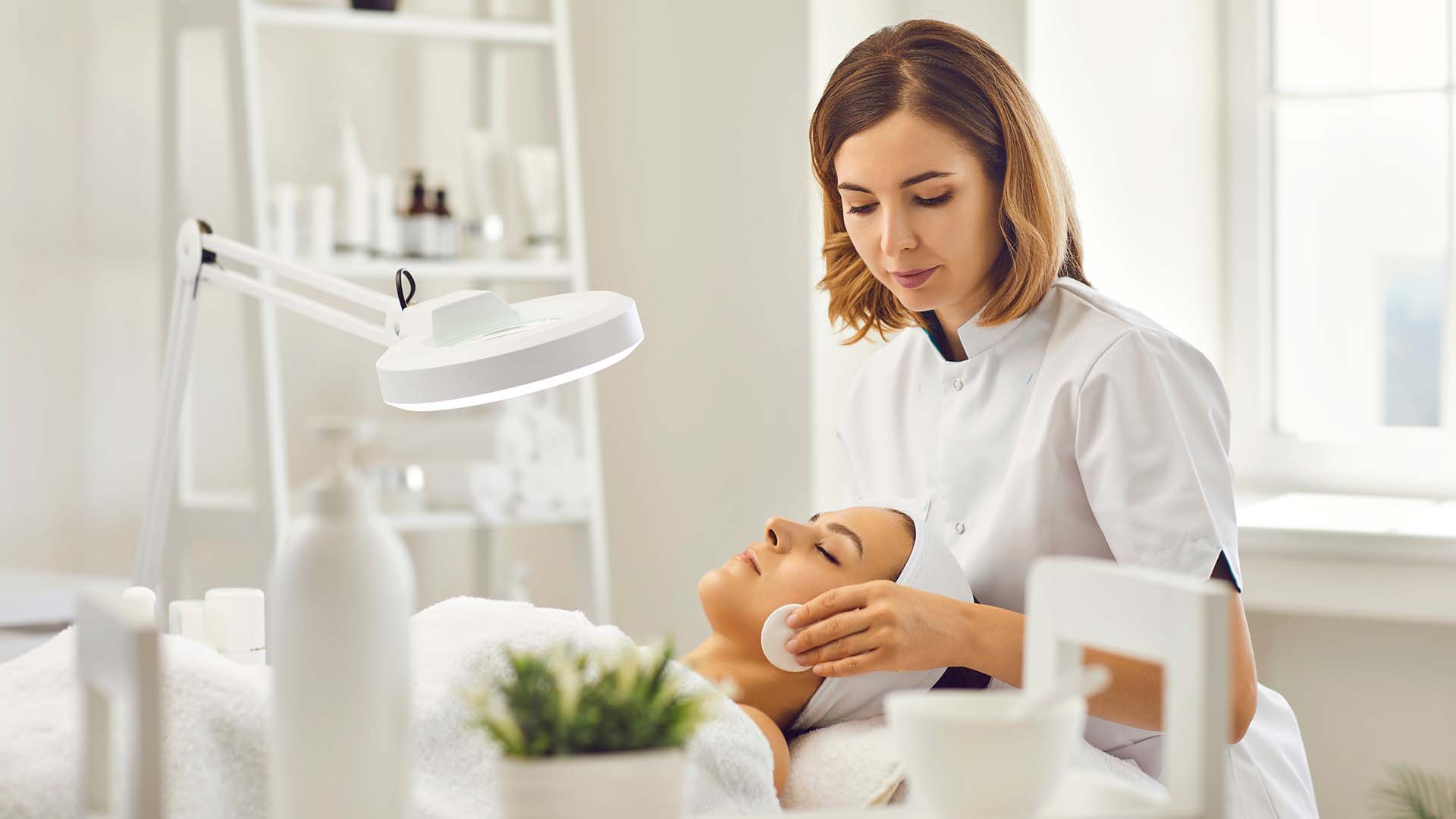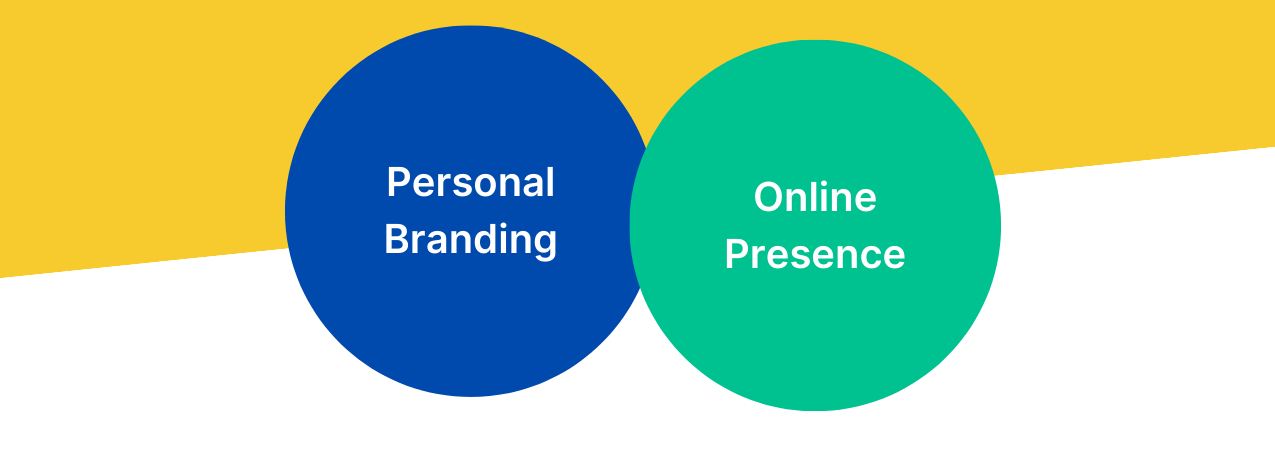The post The Ultimate Guide to Advancing Your Career with a Diploma in Beauty Therapy appeared first on VET Resources.
Introduction
The world of beauty therapy is like unlocking a door to endless possibilities. With a Diploma of Beauty Therapy, you are not just learning how to give fantastic beauty therapy treatments; you are setting yourself up for a bright future where your hands create happiness and confidence. This course is your golden ticket to becoming a pro at everything from skin care to lash and brow services and even the relaxing hot stone massages everyone loves.
By diving into this beauty therapy training, you will pick up all the beauty therapy skills you need, taught by some of the best beauty therapy teachers out there. They will guide you through every step, ensuring you know how to keep things clean with infection control standards, help customers choose the best beauty treatments, and work smoothly with others as part of a team. Whether you dream of making people feel fabulous as a qualified beauty therapist or running your place as a small business owner, this diploma beauty therapy is the start of something great. It is not just about the first class you sit in; it is about preparing you to shine in the beauty therapy industry.
Understanding a Diploma in Beauty Therapy
What is a Diploma of Beauty Therapy?
A Diploma of Beauty Therapy is a comprehensive educational program that equips students with the skills and knowledge necessary to thrive in the beauty therapy industry. It is the highest level of qualification for those aiming to become qualified beauty therapists in Australia.Key Components of the Diploma:

Why Pursue a Diploma in Beauty Therapy?
Career Advancement: Opens doors to becoming a senior beauty therapist or managing your salon. Skill Enhancement: Provides a platform to learn and master beauty therapy treatments and beauty therapy training. Industry Recognition: A diploma is well-regarded by employers and clients alike, setting you apart in the beauty services industry.Learning Outcomes:
Real Work Experience: Hands-on training that prepares you for the work environment. Qualified Nail Technician: Become adept in nail care and design. Hot Stone Massages: Learn the relaxing and therapeutic technique of hot stone massage.Course Structure:
Core Units: The essential subjects that form the foundation of your beauty therapy course. Electives: Specialized units that allow you to focus on areas of interest like intense pulsed light treatments or long hair upstyles.Entry Requirements:
Age: To enrol in most courses, you must be at the age of 18 years. Education: To complete a certain level of education, usually equivalent to the 10th-grade Prerequisites: Some courses may require previous experience or qualifications, like a Certificate III in Hairdressing.VET Student Loan:
For eligible students, a VET student loan can help cover the cost of the course, making it more accessible to those passionate about joining the beauty therapy industry.
Career Pathways with a Diploma in Beauty Therapy
Your Future in Beauty Therapy:
Spa and Salon Roles: Thrive as a beauty therapist in luxury spas or bustling salons. Global Opportunities: Use your qualifications to work in Australia or take your skills overseas. Entrepreneurial Ventures: Manage your beauty salon or start a freelance beauty consultancy.Job Prospects:
High Demand: With the beauty industry booming, beauty therapists are in high demand. Diverse Roles: From lash and brow services to full body relaxation massages, we offer a range of treatments. Retail and Sales: Combine beauty therapy with retail to become a retail sales consultant.Career Progression:
From Student to Specialist: Start as a trainee and become a senior beauty therapist. Team Leadership: Manage a team in a salon or spa environment. Business Management: Use your diploma as a stepping stone to pursue a Diploma of Salon Management.Real Work Experience:
Client Interaction: Build confidence in dealing with clients and providing customer service skills. Practical Skills: Apply treatments in real-life settings to gain real work experience. Professional Portfolio: Develop a portfolio of work to showcase your skills to potential employers.Table: Potential Career Outcomes with a Diploma in Beauty Therapy
| Role | Description | Skills Required |
| Beauty Therapist | Provide a range of beauty treatments and advice. | Beauty therapy skills, good communication skills |
| Salon Manager | Oversee salon operations and manage staff. | Leadership, customer service skills |
| Retail Sales Consultant | Advise customers on beauty products and services. | Sales, skin care recommendations |
| Nail Technician | Specialize in nail care and design. | Precision, new nail art techniques |
| Spa Therapist | Deliver specialized spa treatments. | Hot stone massages, body treatments |
Industry-standard skills and Specialized Training
Core Skills Acquired:
Advanced Beauty Treatments: Master a range of services from facials to permanent hair removal. Technical Proficiency: Learn to use modern equipment, such as direct current devices for skin care. Safety Standards: Understand and apply infection control standards to maintain a safe environment.Specialized Techniques:
Intense Pulsed Light (IPL): Gain expertise in IPL for hair reduction services. Aromatherapy and Massage: Learn the therapeutic use of essential oils and massage techniques. Makeup Artistry: Develop skills in makeup application for various occasions and trends.Client Care and Consultation:
Effective Communication: Build good communication skills to understand and meet client needs. Consultation Expertise: Provide personalized skin care recommendations and beauty therapy treatments. Retail Skills: Learn to advise on and sell beauty products as a retail sales consultant.Table: Key Training Areas in Diploma of Beauty Therapy
| Training Area | Description |
| Skin Care | Understanding skin types, conditions, and treatments. |
| Hair Removal | Techniques for waxing and use of IPL for long-term results. |
| Nail Care | Maintenance and application of new nail art techniques. |
| Makeup | Application of makeup for day, evening, and special events. |
| Massage | Techniques for relaxation and therapeutic benefits, including hot stone massages. |
Licensing, Regulations, and Nationally Recognised Training
Navigating Legal Requirements:
Licensing: Understand the specific state or territory requirements for practising beauty therapy in Australia. Regulations: Stay informed about the health and safety laws that keep clients and therapists safe.Maintaining Standards:
Infection Control: Learn the protocols for maintaining infection control standards in any beauty setting. Quality Assurance: Ensure services meet the standards expected in the beauty therapy industry.The Importance of Accreditation:
Nationally Recognised Training: Holding a diploma that is nationally recognised adds credibility and trust to your professional profile. Continuous Education: Keep up with the latest beauty therapy treatments and industry changes through ongoing training and education.Table: Key Regulatory Aspects for Beauty Therapists
| Aspect | Description | Importance |
| Licensing | Required to legally provide beauty therapy treatments. | Ensures therapists are qualified and knowledgeable. |
| Health & Safety | Regulations to protect both clients and therapists. | Promotes a professional and safe environment. |
| Accreditation | Recognition of the quality and validity of your training. | Enhances employment and client trust. |
Building a Successful Career
Developing Professional Relationships:
Networking: Connect with peers, mentors, and industry leaders to grow your professional circle. Client Rapport: Build lasting relationships with clients through excellent service and good communication skills.Marketing Your Skills:

Continual Learning and Development:
Up-to-date Training: Stay current with the latest beauty therapy treatments and techniques. Further Education: Consider additional qualifications, like a Certificate III in Barbering or a Diploma of Salon Management.Table: Steps to Career Success in Beauty Therapy
| Step | Action | Outcome |
| 1. Networking | Attend industry events, and join professional groups. | Expand your opportunities and knowledge. |
| 2. Client Management | Provide personalized services, and follow up on appointments. | Build a loyal client base. |
| 3. Marketing | Use social media, and create a portfolio. | Increase visibility and attract new clients. |
| 4. Education | Engage in workshops, and pursue further certifications. | Enhance skills and services offered. |
Conclusion and Next Steps
Reaffirming Your Path:
A Solid Foundation: A Diploma of Beauty Therapy is more than just a certificate; it is a comprehensive education that sets the stage for a flourishing career. Versatile Opportunities: Whether you aim to be a senior beauty therapist, a small business owner, or a retail sales consultant, the diploma opens diverse pathways.The Diploma Advantage:
Employment Ready: Graduates emerge fully prepared with real work experience and customer service skills that are highly valued in the beauty services industry. Competitive Edge: The advanced beauty therapy skills and knowledge you gain set you apart in the job market.Call to Action:
Take the Leap: It is time to turn your passion into a profession. Take action now. Explore with VET Resources: Turn to VET Resources for information on starting your journey. They offer the tools and support you need to succeed in the beauty therapy industry.Frequently Asked Questions
Q1. What services can I provide with a Diploma of Beauty Therapy?
With a diploma, you can provide waxing services, facials, massages, and more. You will be equipped to offer a full range of beauty treatments.Q2. What should be included in my beauty therapy kit when I start my course?
Your beauty therapy kit should include the basics like tweezers, brushes, and sponges, as well as specialized tools, depending on your course requirements.Q3. How does the Diploma of Beauty Therapy course incorporate the ‘art of beauty’?
The course teaches you the art of beauty through practical experience and understanding the aesthetics of beauty treatments, allowing you to enhance each client’s natural beauty.Q4. What support services are available for students during their beauty therapy studies?
Many institutions, like CIT, offer CIT student services, which include academic support, financial advice, and access to CIT self service for easy management of your studies.Q5. Will I learn from experienced beauty therapists during my course?
Yes, you will be taught by experienced beauty therapists who will share their knowledge and insights, ensuring you learn the latest techniques and industry standards.Q6. How important is it to maintain infection control standards in beauty therapy?
It is crucial to maintain infection control standards to guarantee the well-being and safety of all our clients and therapists, and we provide comprehensive training.Q7. What are the course admission requirements for a Diploma of Beauty Therapy?
Course admission requirements typically include being a specific years of age (often 18), meeting educational prerequisites, and sometimes holding a Certificate III in Hairdressing or Barbering.Q8. Can I work as a hair salon assistant while studying for my diploma?
Yes, working as a hair salon assistant is a great way to gain real work experience while completing your course of study.Q9. What financial aid options are available for beauty therapy students?
Students may be eligible for financial aid such as a VET student loan or short term loan options, depending on individual circumstances.Q10. What should I know about the first year of study for a Diploma of Beauty Therapy?
In your first year of study, you will learn foundational skills, start building your beauty therapy kit, and may need to bring your own device for certain classes. It is also when you will start to understand the principles of nutrition and other aspects related to beauty therapy.The post The Ultimate Guide to Advancing Your Career with a Diploma in Beauty Therapy appeared first on VET Resources.


